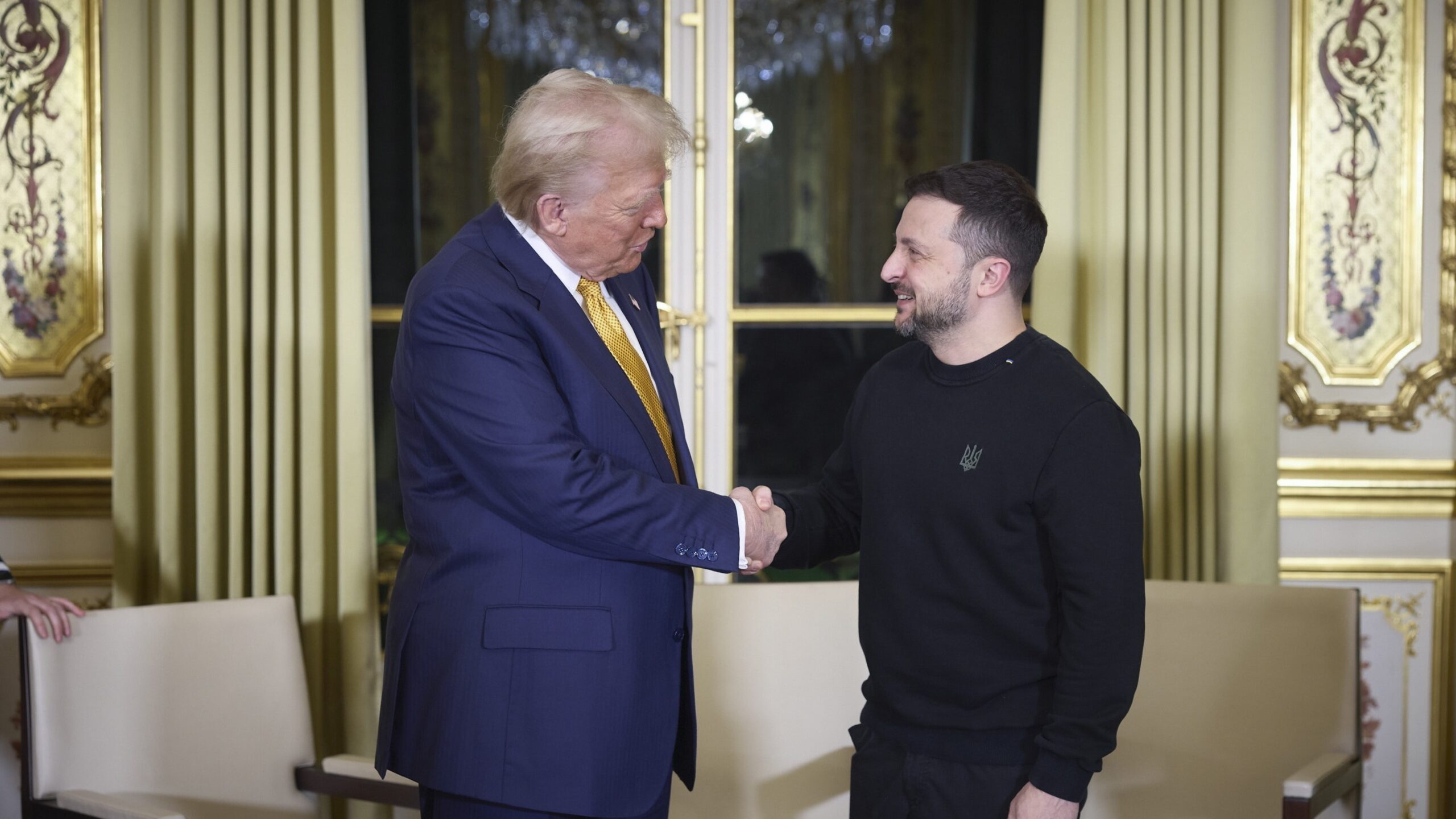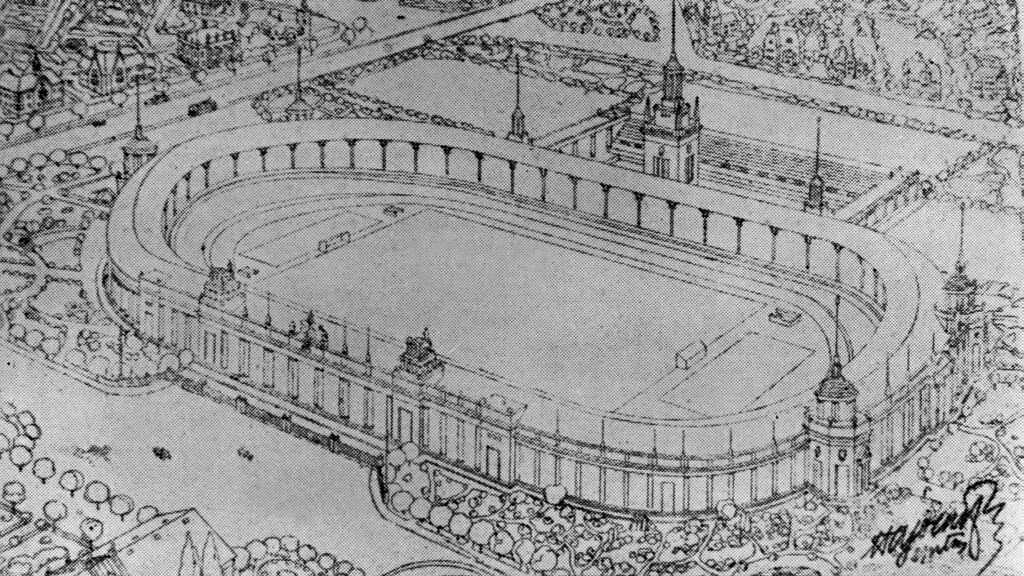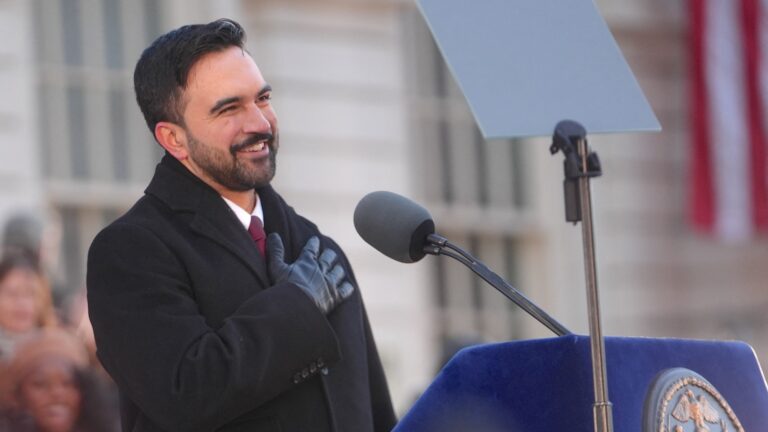A significant majority of Hungarians—77 per cent—believe that Donald Trump, the newly elected President of the United States, has a real chance of bringing the Russia–Ukraine war to a close in 2025, according to a recent survey by Századvég. The results, released on Tuesday, shed light on the Hungarian public’s strong preference for diplomacy and peace.
The poll, conducted in December among 1,000 adult respondents, also contextualizes Hungary’s diplomatic stance. Prime Minister Viktor Orbán’s July peace mission, during which he met with Ukrainian President Volodymyr Zelenskyy, Russian President Vladimir Putin, and Chinese President Xi Jinping, was cited as a pivotal moment in Hungary’s peace advocacy. The diplomatic tour concluded with a visit to Donald Trump following Orbán’s participation in the NATO summit.
Orbán’s initiative aimed to understand the perspectives of the warring parties and promote peace, a goal met with sharp criticism from Brussels. The statement highlights that figures such as Ursula von der Leyen, President of the European Commission, dismissed Orbán’s actions as a ‘mission of appeasement’, while former EU foreign policy chief Josep Borrell emphasized that Orbán could not represent the EU in Moscow in any capacity.
Despite these criticisms, the Századvég survey underscores the Hungarian public’s support for Orbán’s peace-focused diplomacy. ‘Contrary to the stance of Brussels leaders, the Hungarian public backs Viktor Orbán’s efforts to advance peace in the Russo–Ukrainian war,’ the statement declared.
The findings indicate that 68 per cent of Hungarians agree with the Prime Minister’s push to end the armed conflict, compared to 29 per cent who disapprove. Moreover, the survey reflects the population’s strong opposition to actions that could prolong the war or draw additional countries into the conflict.
‘The Hungarian public backs Viktor Orbán’s efforts to advance peace in the Russo–Ukrainian war’
For instance, 74 per cent of respondents disapproved of the US and certain European nations sending long-range missiles to Ukraine, which could target Russia’s internal territories. This sentiment aligns with the broader Hungarian preference for de-escalation and peaceful resolution.
With Donald Trump set to assume office in January 2025, following his victory in the November elections, his administration has already begun exploring ways to facilitate peace in the region. Trump has prioritized the swift resolution of the conflict in his agenda, a move that resonates with the Hungarian public’s optimism.
The poll also highlights Trump’s favourability in Hungary. Over half of respondents (51 per cent) expressed a positive view of the former president, attributing his popularity to his perceived commitment to peace. The findings reflect a broader yearning among Hungarians for stability and an end to the ongoing war.
The Századvég survey reinforces the narrative that Hungary remains steadfastly peace-oriented, even in the face of criticism from Western political elites. The public’s belief in Trump’s ability to broker peace underscores a strong alignment between Hungary’s diplomatic goals and the population’s aspirations for resolution in Eastern Europe.
Related articles:







